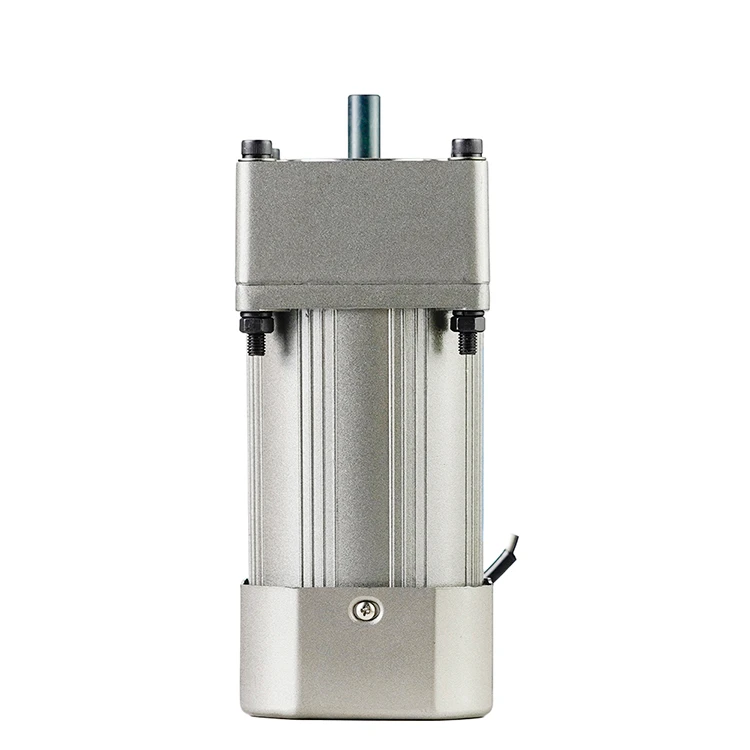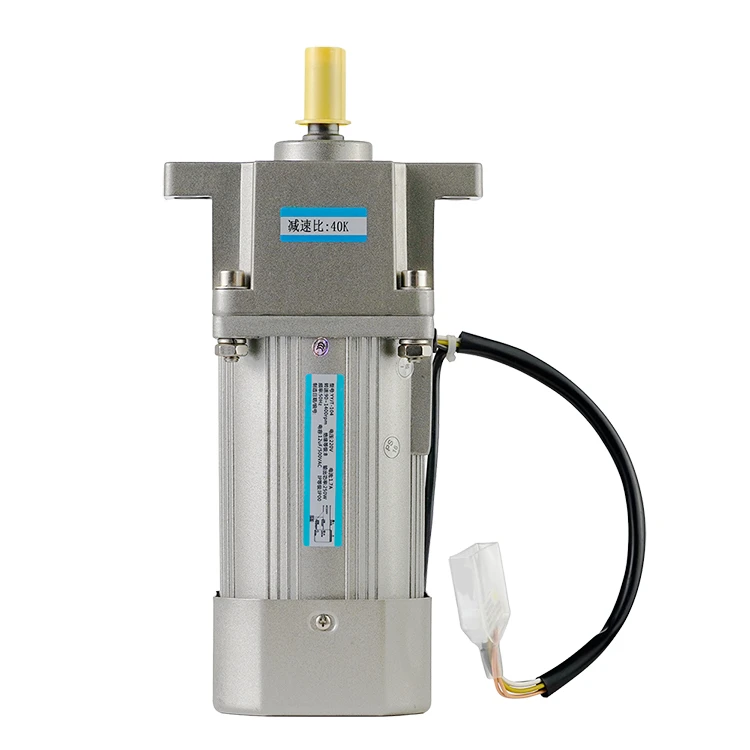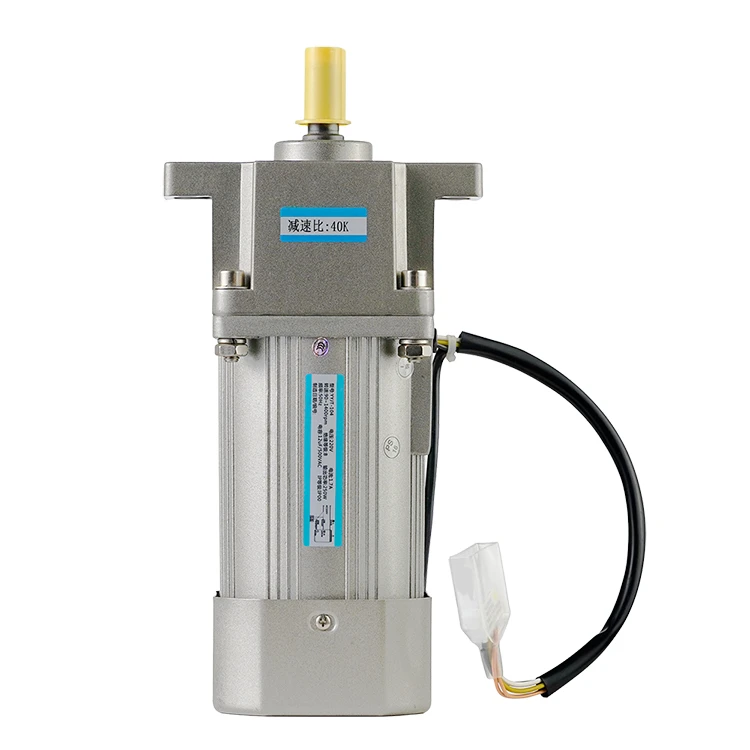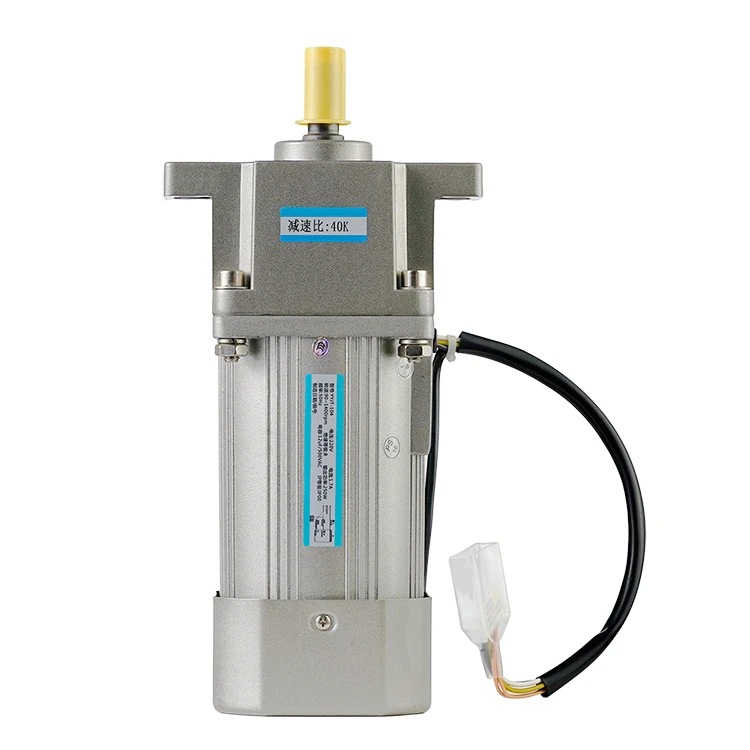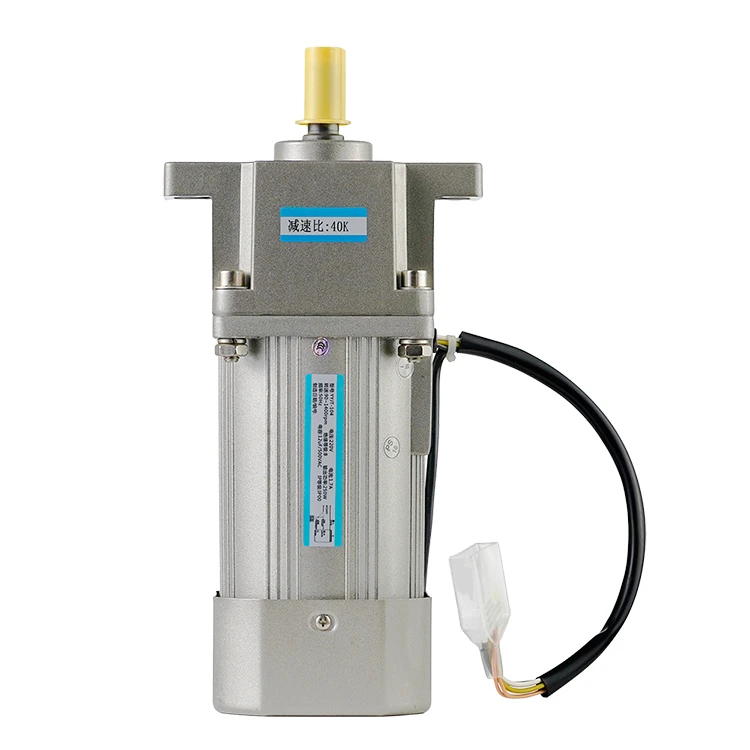Which parameters affect the efficiency of the motor?
2024-03-11 16:46:18
Electrical Parameters
The electrical parameters of a motor, including voltage, current, and power factor, play a significant role in determining motor efficiency. The voltage supplied to the motor must be within the rated range specified by the manufacturer to ensure optimal performance and efficiency. Deviations from the rated voltage can lead to increased losses and reduced efficiency. Similarly, the current drawn by the motor, in conjunction with the power factor, influences the electrical losses within the motor windings and the power conversion efficiency.
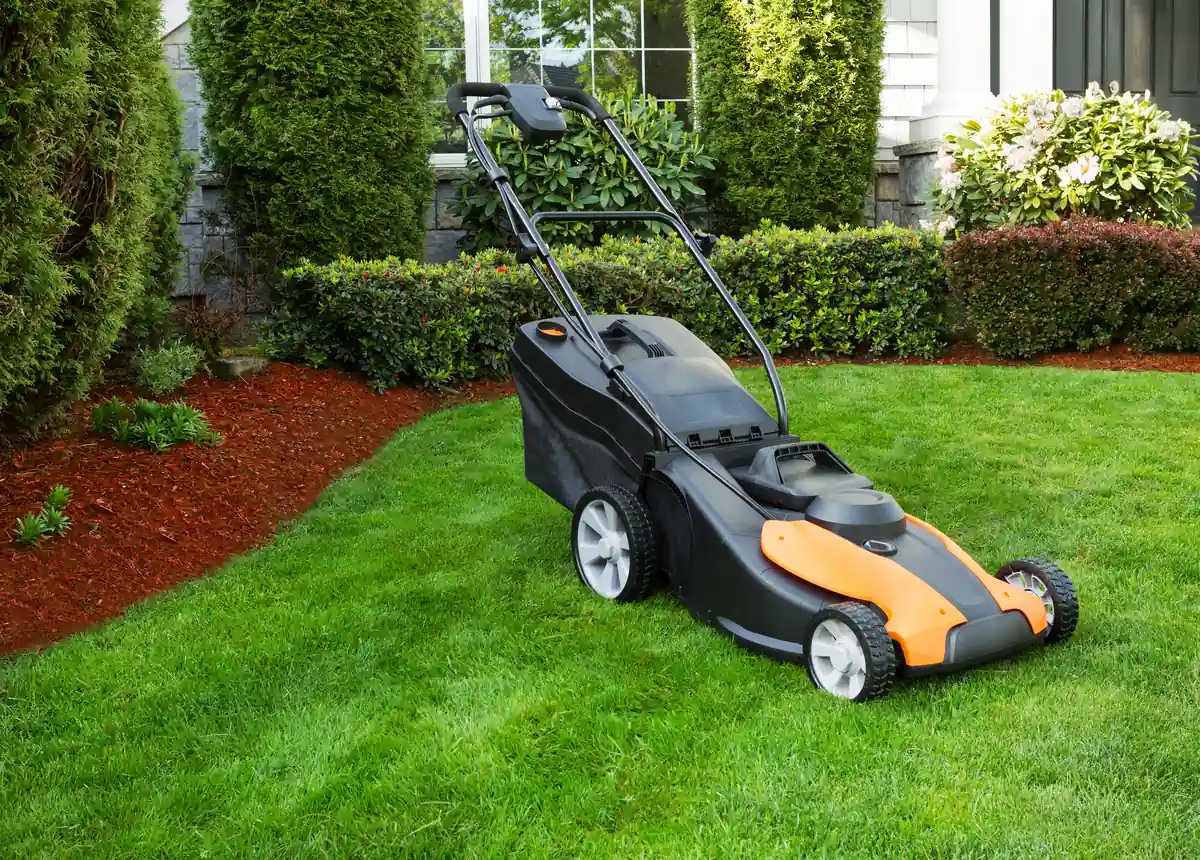
Mechanical Load and Operating Conditions
The mechanical load imposed on a motor and the operating conditions under which it operates are crucial factors affecting motor efficiency. Motors are designed to operate most efficiently at specific load levels, typically near their rated capacity. Operating a motor at loads significantly lower or higher than its rated capacity can lead to reduced efficiency due to increased losses, such as iron and copper losses, and decreased power factor. Additionally, factors such as ambient temperature, humidity, and altitude can influence motor cooling and ventilation, which in turn affect motor efficiency.
Motor Design and Construction
The design and construction of a motor have a direct impact on its efficiency. Factors such as the type of motor (e.g., induction, synchronous, or DC), the materials used in the stator and rotor, the number of motor poles, and the winding configuration all influence the motor's electrical and mechanical performance. For instance, the use of high-quality magnetic materials, such as silicon steel laminations, in the stator and rotor cores can reduce eddy current losses and improve motor efficiency. Similarly, the design of the motor windings and the use of efficient cooling systems can enhance the motor's electrical performance.
Control Strategies and Drive Systems
The control strategies and drive systems employed in motor operation significantly impact motor efficiency. Variable speed drives (VSDs) and soft starters, for example, enable precise control of motor speed and torque, allowing the motor to operate closer to its peak efficiency point. Additionally, advanced control algorithms, such as field-oriented control (FOC) and direct torque control (DTC), can further optimize motor performance and efficiency by minimizing losses and improving dynamic response.
Maintenance and Service Practices
The maintenance and service practices implemented for motor systems also influence motor efficiency. Regular maintenance, including lubrication, alignment, and insulation testing, is essential for ensuring the motor operates at peak efficiency. Over time, wear and tear on motor components can lead to increased losses and reduced efficiency if not addressed promptly. Furthermore, the use of energy-efficient technologies, such as regenerative braking systems and power factor correction devices, can enhance overall system efficiency.
Conclusion
In conclusion, the efficiency of electric motors is influenced by a multitude of parameters spanning electrical, mechanical, design, control, and maintenance domains. By comprehensively understanding and optimizing these parameters, you can maximize the performance and energy efficiency of motor systems, contributing to sustainable and cost-effective operation across diverse applications. The pursuit of motor efficiency is a continual process that requires a holistic approach, integrating advanced technologies, best practices, and ongoing innovation to achieve optimal performance and operational excellence.
See What Lunyee Can Do For You
Contact Us
- 8619149417743
- +86-0371-5562 0274
- [email protected]
- Zhengzhou, Henan Province, China
- Mon-Fri: 9:00 - 18:00
